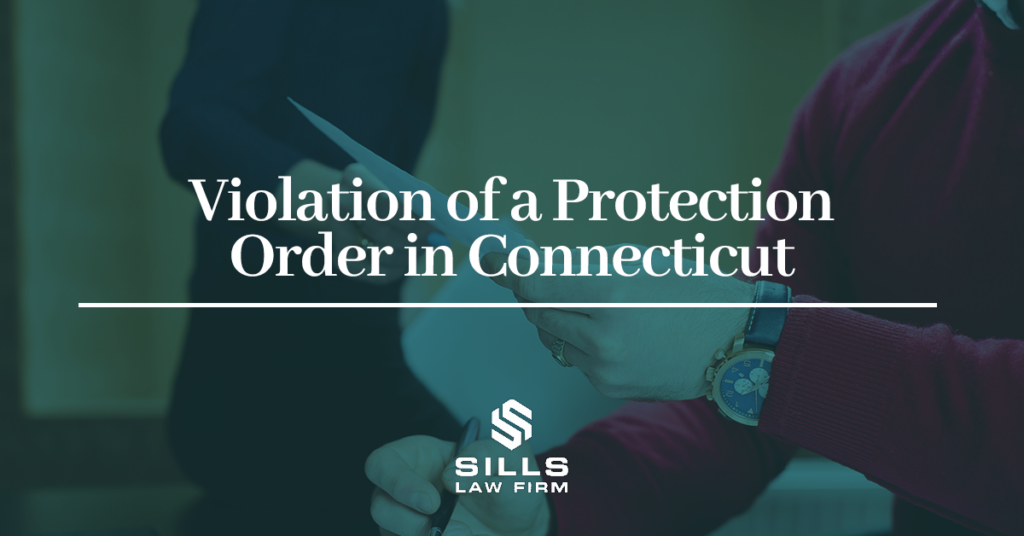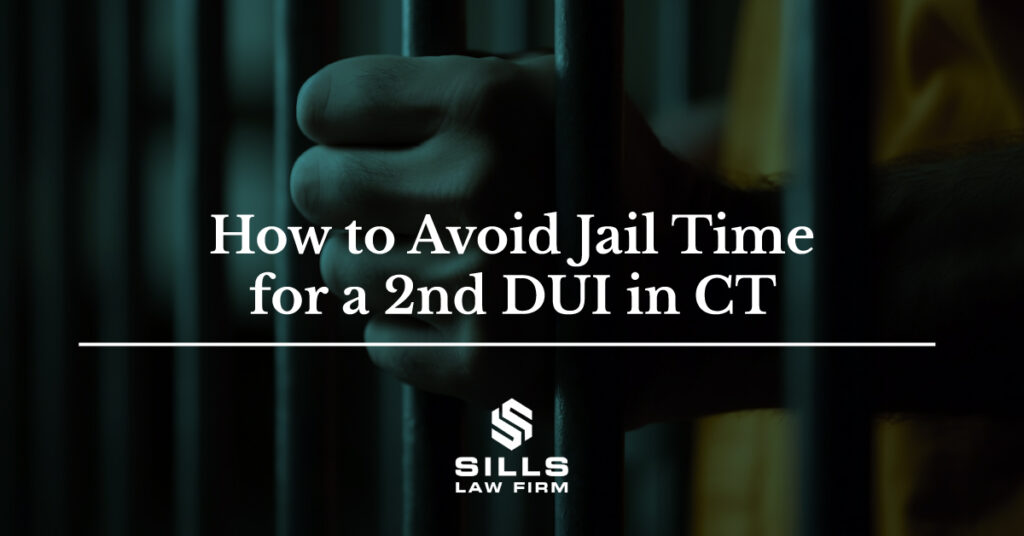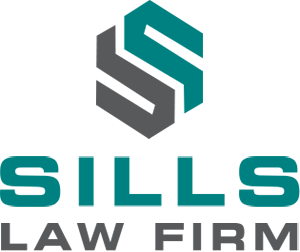A DUI in Connecticut is typically a misdemeanor offense, punishable by a lengthy jail sentence, costly fines, driver’s license suspension, and a permanent criminal history. Yet, there are several aggravating factors that can result in harsher penalties and even a felony charge.
The following are common types of aggravated OUI in Connecticut:
- High BAC – According to state law, having a blood alcohol content (BAC) of .08 or higher is considered intoxicated, resulting in an OUI arrest. However, if a person’s BAC is at least .16 percent or at double the legal limit, oftentimes prosecutors and judges will seek some form of enhances penalty.
- OUI Accident – Anytime an OUI arrest is made after an accident, any third party haveing an interest in the case – usually as a result of bodily injury or property damage – has the right to intervene in the criminal proceedings. The court can order the defendant to pay restitution for property damage and medical expenses. If there is a serious injury, the State can seek Assault 2nd with Motor Vehicle charges which is a felony.
- Multiple OUI – Defendants are subject to higher penalties if they are convicted of a second or subsequent OUI offense. Repeat offenders are given more severe punishments to discourage people from drunk driving after committing their first offense. A second OUI conviction within ten years of a first conviction results in a maximum 120-day jail term, fines of up to $4,000, and license suspension for up to 45 days, followed by having an ignition interlock device (IID) in your car for up to three years. A third conviction is considered a felony, punishable by a jail sentence of up to one year, a maximum $8,000 fine, and permanent license revocation.
- Child in the car – When there is a minor in the vehicle at the time of the drunk driving arrest, it is also an aggravated offense. According to a law passed in 2016 called “An Act Concerning Child Endangerment While Driving Under the Influence,” if a person is found guilty of a DUI involving a minor under 18 years of age in the vehicle, he/she must serve a mandatory 30-day jail sentence for a first offense, a mandatory six-month term for the second time, and a mandatory two-year jail term for the third.
- Driving with a suspended license – If you were driving with a suspended license due to an OUI, a conviction can result in a jail sentence of up to five years—with a mandatory minimum of 30 days—, fines of up to $1,000, and license suspension for up to one year.
- Vehicular assault – If a drunk driving arrest involves an accident that led to another person getting injured, it is known as vehicular assault. This type of crime is a Class D felony that carries a maximum five-year prison sentence and a fine not exceeding $5,000.
- Vehicular manslaughter – If a drunk driving arrest involves an accident that led to another person’s death, it is known as vehicular manslaughter or negligent homicide. This type of crime is a Class C felony, punishable by a prison term of up to 10 years and a maximum $10,000 fine.
If you are charged with an aggravated OUI in Connecticut, our experienced legal team at The Sills Law Firm is ready to protect your rights, reputation, and freedom. We will do our best to get the most favorable results in your case, whether it’s getting your entire case dismissed or your charges reduced to avoid going to jail.
Contact us and schedule a free consultation today for more information.
Related:






